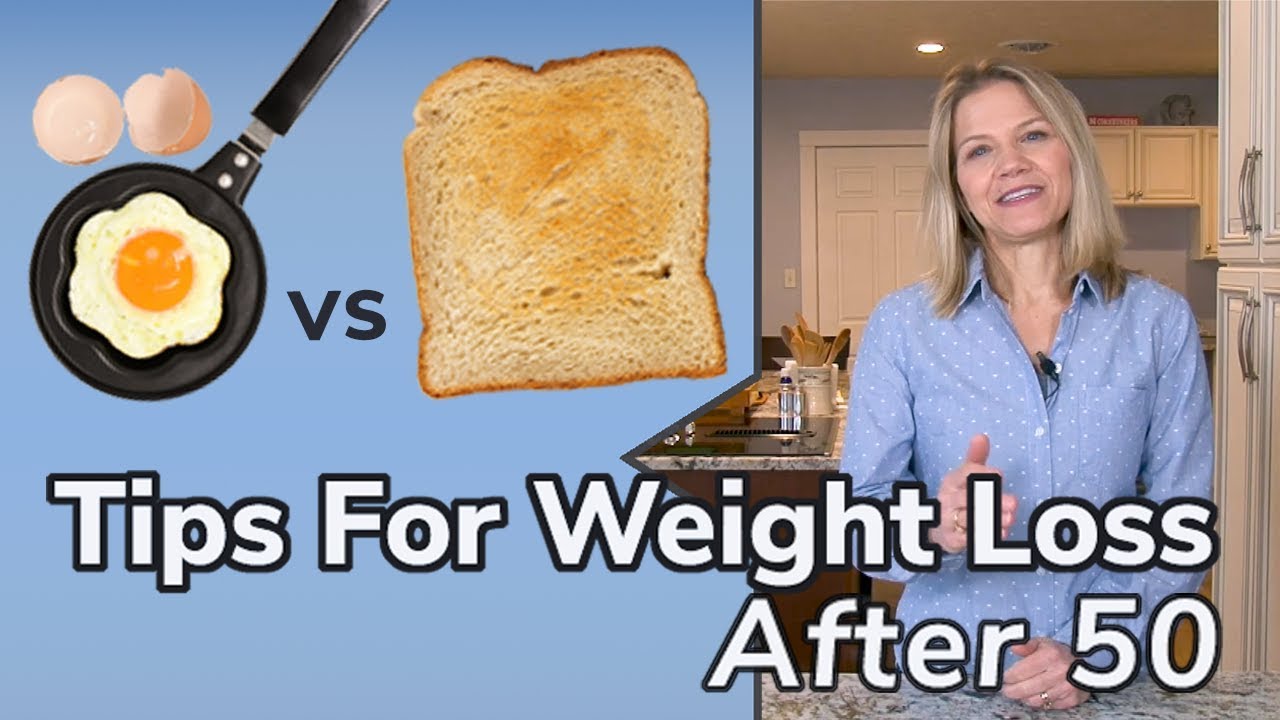Introduction:
As we age, maintaining a healthy weight becomes increasingly important for overall well-being. Many individuals over the age of 50 find themselves grappling with weight management challenges, leading them to explore various strategies for effective and sustainable weight loss. Surprisingly, one piece of advice gaining traction among experts is to skip breakfast. In this blog post, we will delve into the rationale behind this unconventional suggestion and explore whether avoiding breakfast can indeed be a viable strategy for weight loss in the golden years.
Understanding the Traditional Breakfast Paradigm:
Breakfast has long been hailed as the most important meal of the day, with conventional wisdom suggesting that a hearty morning meal kickstarts metabolism, provides energy, and helps control hunger throughout the day. However, recent studies and evolving nutritional insights have led some experts to question these age-old beliefs, particularly when it comes to weight management for individuals over 50.
The Circadian Rhythm and Metabolism:
One key aspect of the argument in favor of skipping breakfast for weight loss revolves around the body’s circadian rhythm. This internal biological clock influences various physiological processes, including metabolism. Some experts argue that aligning eating patterns with the natural circadian rhythm may optimize metabolic function and improve weight management.
Research indicates that metabolic rate tends to be higher in the morning and gradually declines throughout the day. By postponing the first meal of the day, proponents of this approach believe that individuals can take advantage of the body’s natural metabolic fluctuations, potentially enhancing the efficiency of calorie utilization.
Intermittent Fasting and Autophagy:
Intermittent fasting, a dietary strategy involving cycles of eating and fasting, has gained popularity in recent years for its potential health benefits, including weight loss. Skipping breakfast can be a form of intermittent fasting, allowing the body to enter a fasting state and triggering processes like autophagy. Autophagy is the body’s way of cleaning out damaged cells and regenerating new, healthy ones, which may have implications for aging and metabolic health.
Tailoring the Approach to Individual Needs:
While the idea of skipping breakfast may hold promise for some individuals over 50, it’s crucial to recognize that there is no one-size-fits-all solution to weight management. Individual factors such as health status, lifestyle, and personal preferences play a significant role in determining the most suitable approach.
Before making significant changes to their eating habits, individuals should consult with healthcare professionals or registered dietitians to ensure that any dietary modifications align with their specific health needs and goals.
Conclusion:
In the quest for effective weight management after the age of 50, the idea of skipping breakfast has emerged as a thought-provoking strategy. While research suggests potential benefits related to circadian rhythms, metabolism, and intermittent fasting, it’s essential for individuals to approach this approach with caution and seek personalized advice.
Ultimately, the key to successful weight management lies in adopting sustainable, evidence-based practices that align with individual needs and preferences. The decision to skip breakfast should be made in consultation with healthcare professionals, taking into account a holistic approach to health and well-being in the golden years.




It’s called ketosis. Not exactly a new strategy.